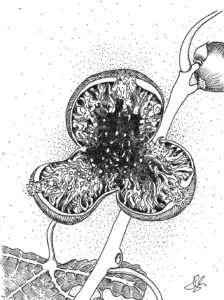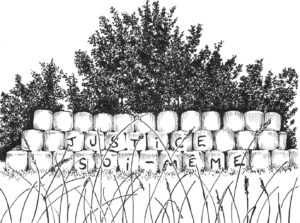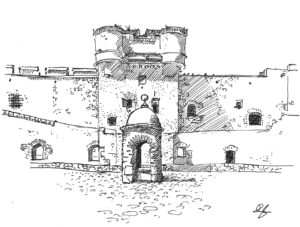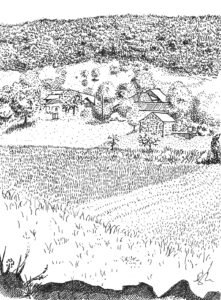Writing
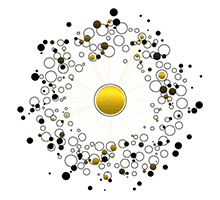
Thomas Aquinas — The world is divine!
2. April 2025 3147 views
A large part of our civilisation rests on the shoulders of one medieval monk: Thomas Aquinas.
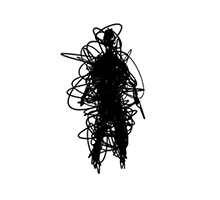
Xunzi vs. Mengzi – Are People (No) Good?
1. January 2025
1787 views

Henri Bergson — Why we live in the past
19. October 2024
2462 views
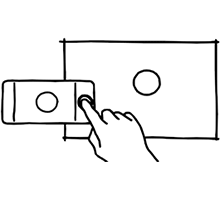
A quick beginner’s guide to animation
13. July 2024
3695 views

